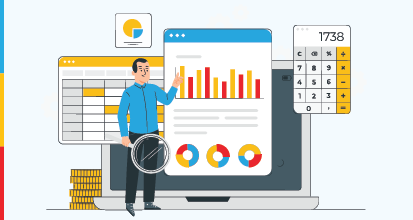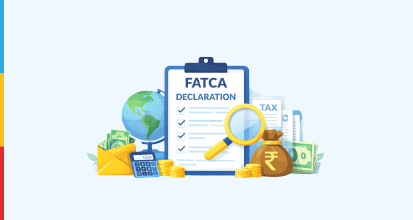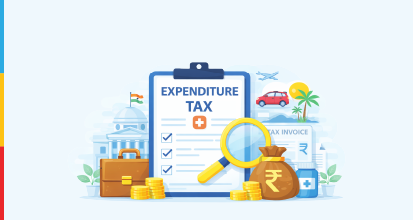- Tax Rebate: Reduction in tax payable allowed under specific provisions of the Income Tax Act
- Tax Refund: Excess tax paid returned by the government after processing the income tax return
- Section 87A: Income Tax Act provision allowing eligible individuals to claim tax rebate
- TDS: Tax deducted at source by the payer before making certain payments
- Income Tax Return: Form used to report income, tax liability, and claim refunds or rebates
Written by : Knowledge Centre Team
2025-11-23
1086 Views
7 minutes read
Share












